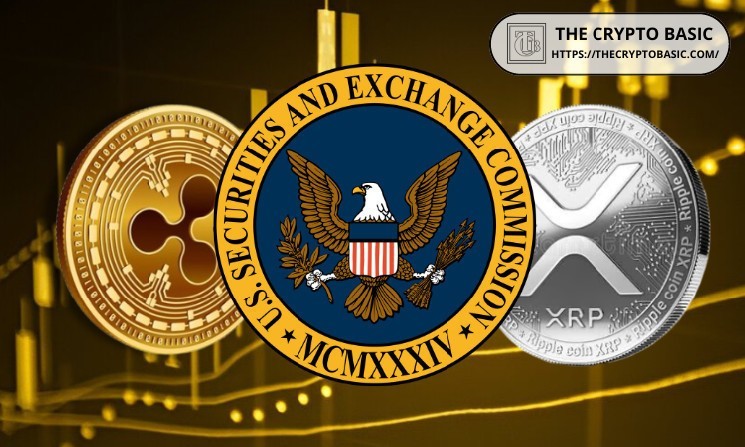Prominent crypto researcher SMQKE believes that the resolution of the Ripple lawsuit could unlock a new era in financial infrastructure.
SMQKE’s assertion is based on a legal report titled ‘SHAQ, RIPPLE, AND THE FUTURE OF CRYPTO REGULATION’ by renowned American lawyer James C. Spindler for William & Mary Law School.
A New Blueprint for Financial Institutions
Referring to the report, SMQKE suggests that a favorable outcome for Ripple in the lawsuit could provide a roadmap for financial institutions, such as banks and asset managers, to transition their core financial infrastructures to blockchain technology.
The researcher highlights that Judge Analisa Torres ruled that certain aspects of Ripple’s XRP sales did not violate securities laws. Legal experts argue that Ripple’s initial distribution of XRP represents the sale of a future corporate value component.
If Ripple secures a decisive victory in the lawsuit, it could validate the claims of these legal scholars and offer a framework for financial institutions to raise capital and conduct transactions without facing regulatory hurdles.
Rebuilding the Financial System
Moreover, SMQKE suggests that a favorable ruling recognizing Ripple’s sales as a component of future corporate value could pave the way for restructuring the global financial system from the ground up.
As financial operations increasingly shift to blockchain technology, a judicially approved template could enable instant tokenization of shares, seamless integration of payment networks with blockchain wallets, and automation of banking operations through smart contracts.
Ripple’s triumph in the SEC case would not only support the company’s vision but also signal to the entire financial industry that they can follow a court-endorsed playbook to launch tokenized offerings, manage assets, establish custody solutions, and facilitate payments.
Current Status of Ripple Lawsuit
While Ripple and the SEC have reached a settlement in their long-standing legal dispute, Judge Analisa Torres has rejected their joint motion for an indicative ruling on the agreement.
The settlement involves Ripple paying a $50 million fine for violating laws related to institutional sales of XRP, instead of the court’s initial $125 million penalty. The parties have also agreed to lift the permanent injunction on Ripple’s future institutional sales, but Judge Torres found a procedural flaw in their request for an indicative ruling.
Both parties will attempt to persuade the judge to approve their settlement, although the timeline for this approval remains uncertain.

